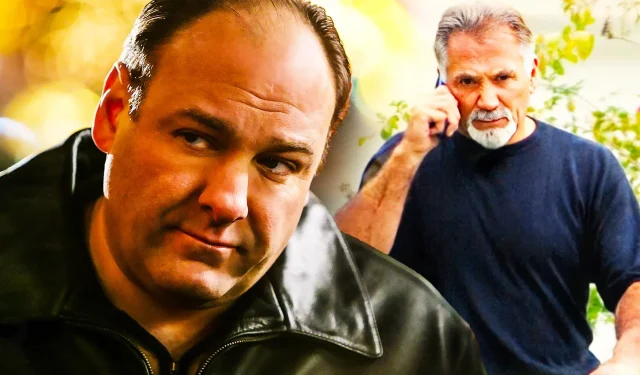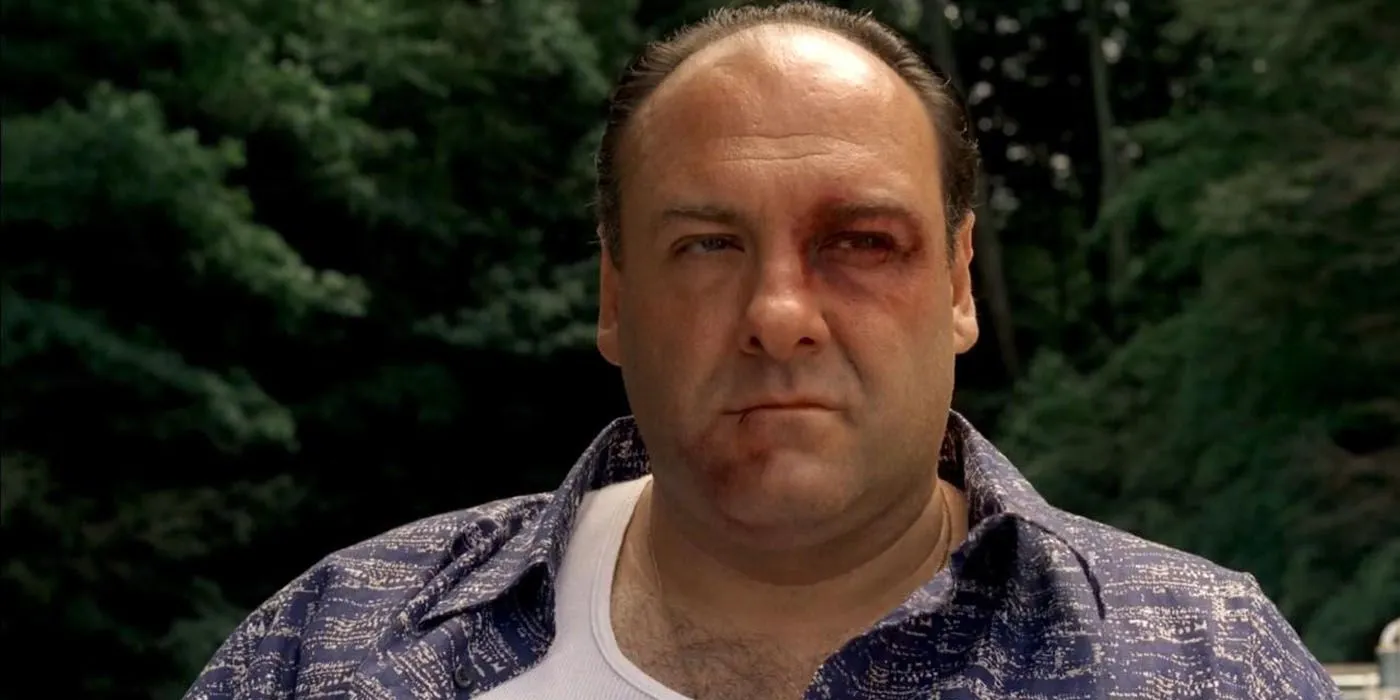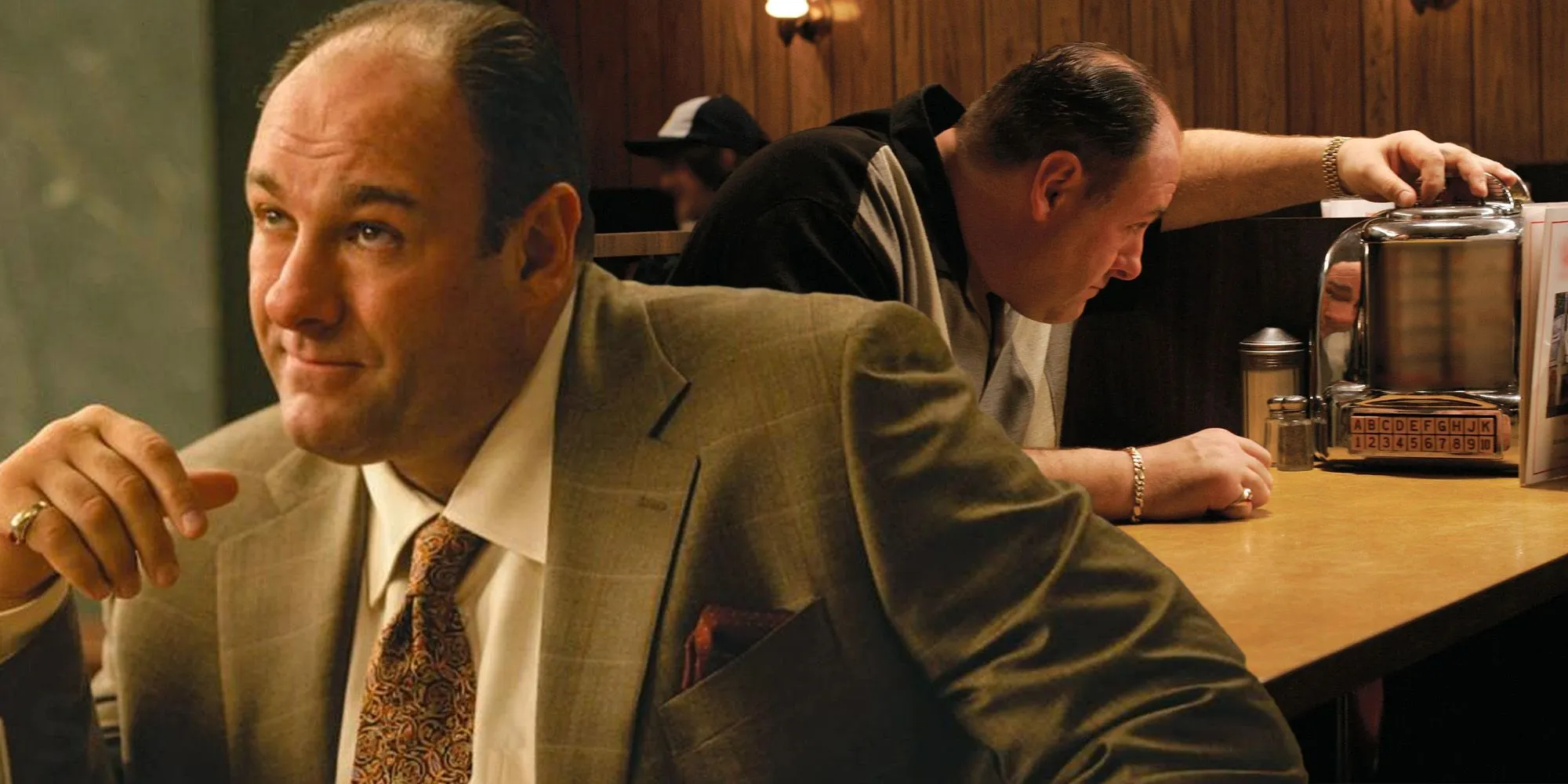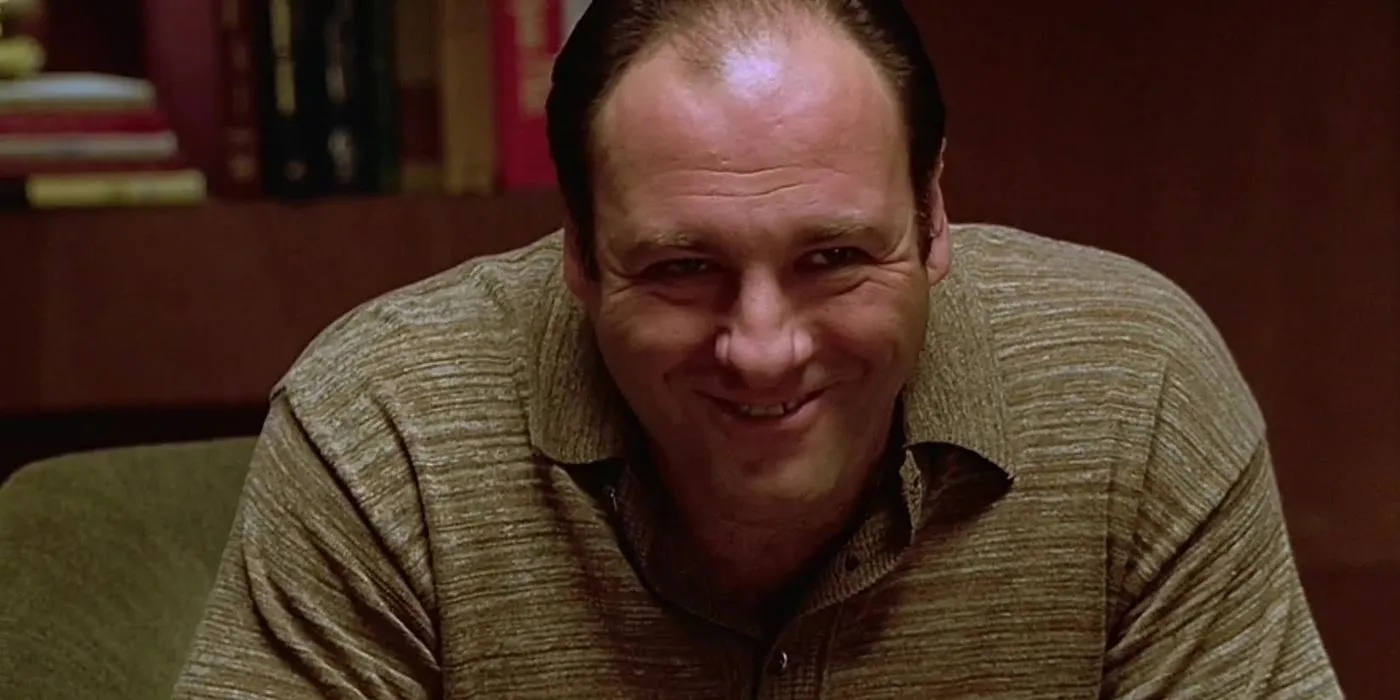
The creation of The Sopranos and its iconic protagonist, Tony Soprano, played by James Gandolfini, was significantly influenced by both real-life mobsters and fictional characters. David Chase, the show’s creator, drew inspiration from legendary figures like Vito Corleone from The Godfather, integrating complex themes such as male mental health and the mob’s perspective on homosexuality into the narrative. This groundbreaking approach not only transformed American television but also revitalized the gangster genre.
One of the fascinating aspects of The Sopranos is how the line between fiction and reality blurs for many viewers. There is a widespread belief in the existence of a “real”Tony Soprano, largely due to the amalgamation of traits from both fictional and actual mob figures. Among the various inspirations credited for the character, Vincent “Vinny Ocean”Palermo stands out, as he shares many parallels with the fictional Tony, though their narratives diverge significantly.
Tony Soprano – The Possible Inspiration from Vincent Palermo
The Reality of Tony Soprano as a New Jersey Mob Boss

The 2006 documentary The Real Sopranos explored the fascinating connections between the fictional Tony Soprano and Vincent Palermo, who was the de facto boss of the DeCavalcante crime family. In a similar vein, Tony Soprano heads the fictional DiMeo crime family. Notably, Palermo’s crime empire included a strip club reminiscent of The Sopranos‘ iconic Bada Bing. The documentary features FBI recordings revealing DeCavalcante family members pondering the show’s connections to their real-life operations:
“Is that supposed to be us? Every show you watch, more and more, you pick up somebody. .. There’s a pork store. Yeah, in Jersey, right? They got a topless joint over there. Jesus.”
Interestingly, Palermo’s ascent to power closely mirrored Tony’s storyline. A light-hearted jab at Uncle Junior’s sexual escapades resulted in chaos, ultimately leading Tony to take control. In contrast, Palermo employed a violent coup, which resulted in fatal repercussions for his adversaries, namely John “Johnny Boy”D’Amato, ultimately allowing him to claim dominance over his crime family.
The Divergence in the Fates of Palermo and Soprano
Palermo’s Life as an FBI Informant

While both Tony Soprano and Vincent Palermo faced betrayals from within their ranks, their reactions set them apart. When one of Palermo’s associates became an informant, he compiled incriminating evidence leading to Palermo’s arrest. In a dramatic turn, Palermo opted to become a state witness, revealing details about murders and implicating several DeCavalcante family members. His explosive testimony necessitated his entrance into the witness protection program.
Conversely, the fictional Tony did not capitulate to informant pressures nor did he offer testimony to law enforcement. The conclusion of The Sopranos left audiences questioning Tony’s fate—especially after the death of Vito Spatafore, leading to violent confrontations between rival crime families. The series ended on a suspenseful note that hinted at a brutal end awaiting Tony, contrasting sharply with Palermo’s story of survival.
Other Characters in The Sopranos: Inspirations from Real Life?
The Unique Connections of Tony Soprano to Actual Mobsters

While Tony Soprano is most directly inspired by Vincent Palermo, other characters in The Sopranos draw from the rich tapestry of New Jersey’s real-life mob history, though these connections are not as transparent. The DeCavalcante crime family significantly influenced the show’s writing, alongside references to various other mobsters.
Notably, Simone DeCavalcante, another notorious mob figure, parallels Tony in terms of temperament and relationships. However, the legacy of figures like Ercole “Boot”DiMeo also resonates through the series, providing historical context for viewers. While many characters reflect real criminal personas, only Tony’s character emerges with such a clear lineage to actual mob history.
Leave a Reply